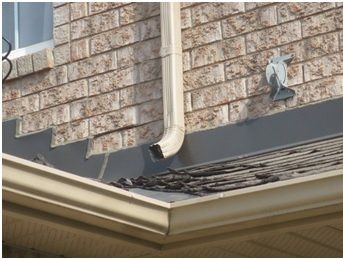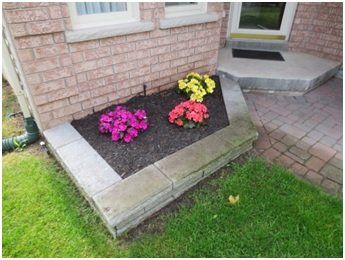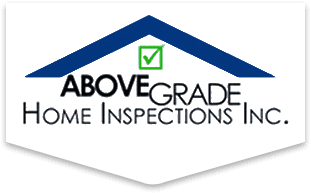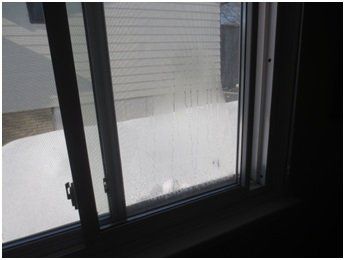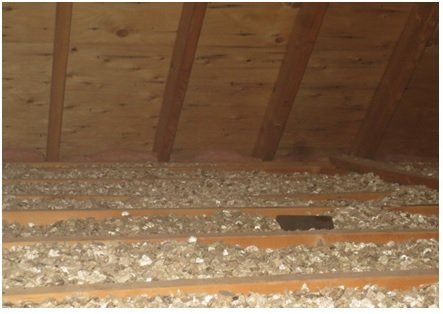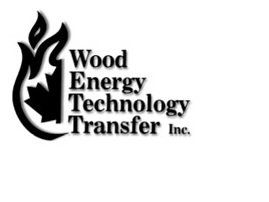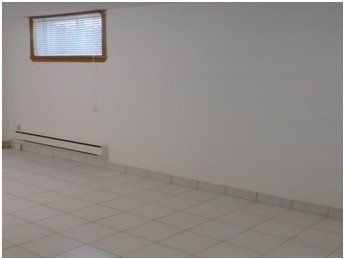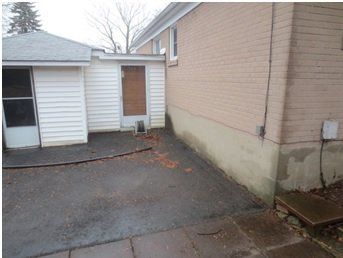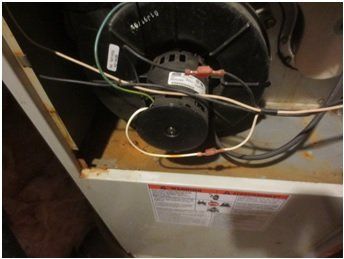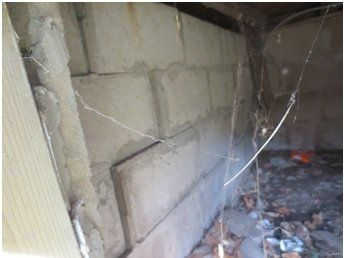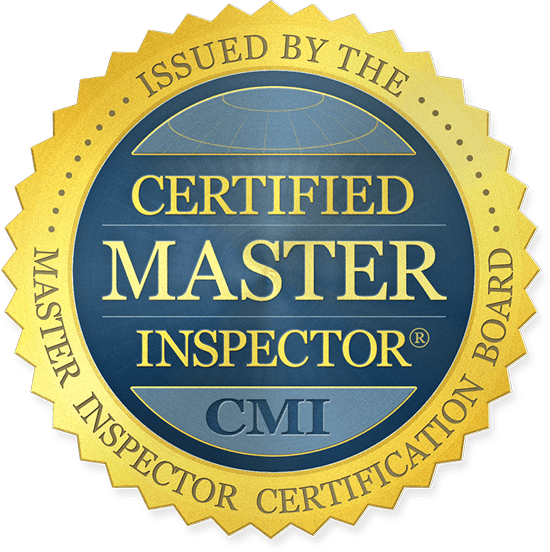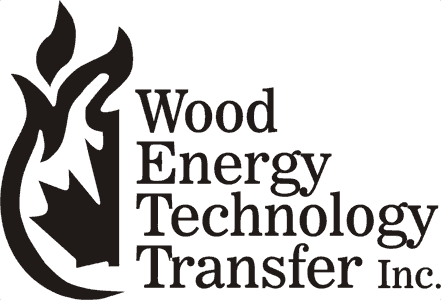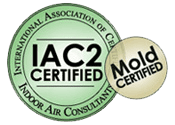A typical window defect observed during
many home inspections is window condensation trapped between panes. In general,
this is not a serious defect and most homeowners will live with the problem
until they can have repairs performed or replace the affected units.
In some homes with older windows that are near
the end of their life expectancy, it isn’t unusual to see many of the windows
fogged with condensation. In these cases seeing as how the windows will likely
need to be replaced within the next few years, most homeowners will just live
with the issue until replacement is performed.
The odd time during a home inspection of a
newer home (under 10 years), several or the majority of windows may have
suffered from a condensation problem. This may be due to a manufacturing defect
or just poor quality windows. Most folks would agree that 10 years is a little
premature to discuss replacing all of the windows in a home. So what other
options do you have? Your home inspector may recommend consulting with a
qualified window repair specialist that can repair your windows usually at a
fraction of the cost of replacement.
Window repair specialists, or window
“defoggers” as they can sometimes be referred to, can use a condensation
removal technique which generally consists of drilling the affected panes,
removing the condensation, cleaning the window and installing a “vent” that
will prevent condensation from returning. Many of the professionals that provide this
service will generally warranty their work as well, so it’s certainly worth
considering if you have some windows affected by condensation and you are not
prepared to shell out a ton of cash to have entire windows replaced.
Above Grade Home Inspections Inc. performs home
inspections,
WETT
inspections,
mould
inspections
and thermal imaging inspections in Barrie, Wasaga Beach,
Innisfil, Alliston and Orillia.
